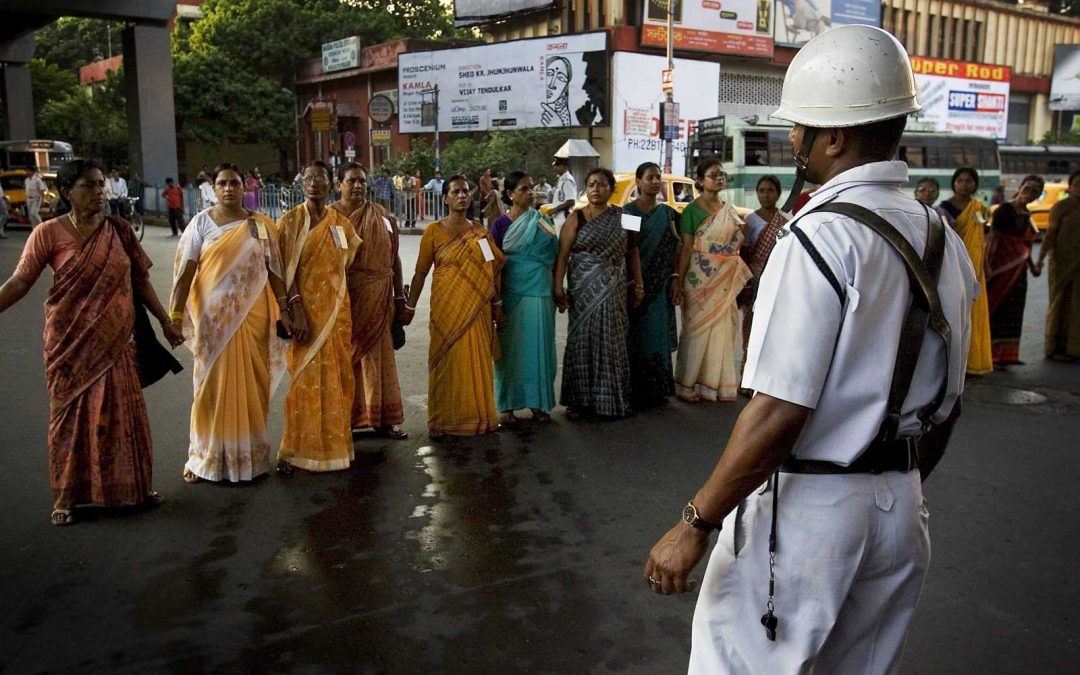Ashley Curtin
Nation of Change | Editor & Reporter
“We are taking the pledge that we will uphold Renaissance values, we will stand for equality for women, we resist the attempts to make Kerala a lunatic asylum, and we will fight for secularism.”
In what’s being called a “movement for equality, gender sensitivity, and social awakening,” a 400-mile Women’s Wall consisting of millions of women and girls created a human chain stretching through the streets from Kasaragod to Thiruvananthapuram, India on New Year’s Day.
The Kerala government-sponsored event included commoners to politicians and celebrities organized “to show the state’s commitment to renaissance values and improve the status of women in society” after the Supreme Court’s historic vote “allowing women of all ages entry into Sabarimala,” The news Minute reported.
According to The News Minute, the Women’s Wall took place on one side, while a wall of men, who support renaissance values, formed across from them.
“We are taking the pledge that we will uphold Renaissance values, we will stand for equality for women, we resist the attempts to make Kerala a lunatic asylum, and we will fight for secularism.”
The event, which took place in the wake of fierce opposition to the Supreme Court’s ruling allowing women of all ages to enter the Sabarimala temple, is being called a historic moment in India, which defines a movement for feminist politics in Kerala.
“Very often, religious beliefs and sentiments have been employed to use women in subordinate positions,” Brinda Karat, who started the chain at Vellayambalam in Thiruvananthapuram, said. “Today, dear sisters, you have made history. You have resisted against the dark forces that want to push women back into the dark ages. You have built the wall of resilience to take forward the values of social reforms, which are critical for women’s advancement in 21st century. Kerala, you have moved ahead, not only for the women of Kerala but for the women across India.”
Then one day later, two Indian women made history after they entered the Sabarimala temple.
Kanaka Durga, 42, and Bindu Ammini, 44, became the first two women to enter the “holy Hindu site since a ban on women of menstrual age was lifted just over three months ago, as protests have blocked others from entering previously,” Common Dreams reported.
Durga and Ammini said they represented “the society fighting for gender justice.”
“We are not scared at all,” Durga said. “We followed our legal right as women. We are 100 percent sure that we didn’t hurt people.”
What is World Federalism?
World Federal Government (WFG)
Original Publisher
Common DreamsAshley Curtin is an editor with Nation of Change. Before joining NoC, she was a features reporter at The Daily Breeze – a local newspaper in Southern California – writing a variety of stories on current topics including politics, economy, human rights, the environment and the arts. Ashley is a transplant from the East Coast now calling Denver, Colorado home.
DWF News

